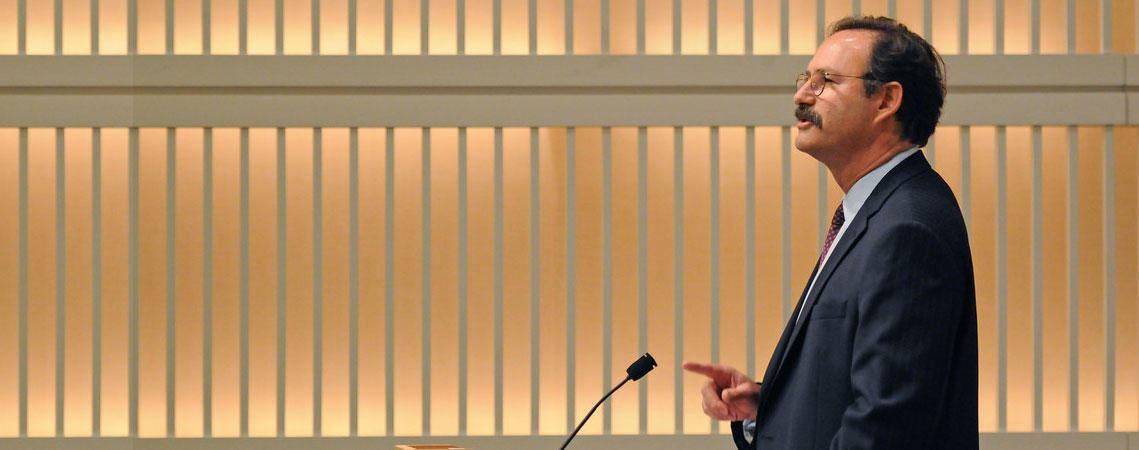The Humanitarian Tinderbox
How Governments and NGOs Must Address the Global Aid Crisis
Read the Event CoverageFormer Special Assistant to the President Phil Gordon, International Rescue Committee President and CEO David Miliband and USIP President Nancy Lindborg headlined a discussion on Oct. 16 on rethinking humanitarian aid to prevent the further breakdown of a system straining under the global refugee crisis amid protracted conflict. James Fallows, national correspondent at The Atlantic, moderated the conversation.

Europe’s refugee emergency has returned the world’s attention to a global crisis of historic proportions, fueled by prolonged conflict, weak or illegitimate governments and fragile societies. The number of people forced from their homes in the wake of violence, conflict or repression has soared from 35 million to 60 million worldwide in just a decade, pushing the capacity of humanitarian aid organizations to the brink.
In an event co-sponsored by World Food Program USA, the panel considered options for increasing and improving humanitarian aid to respond more effectively and efficiently to protracted crises. Continue the conversation on Twitter with #AidCrisis.
Speaker
Phil Gordon
Senior Fellow, Council on Foreign Relations, Former Special Assistant to the President and White House Coordinator for the Middle East, North Africa and the Gulf Region
Nancy Lindborg
President, U.S. Institute of Peace
David Miliband
President and CEO, International Rescue Committee
James Fallows, Moderator
National Correspondent, The Atlantic
Richard Leach, Introductory Remarks
President and CEO, World Food Program USA



